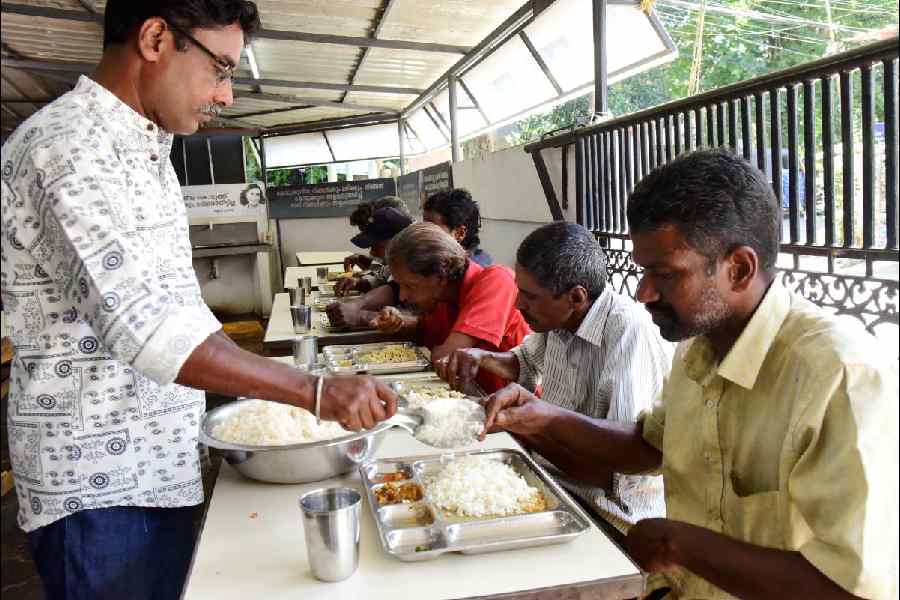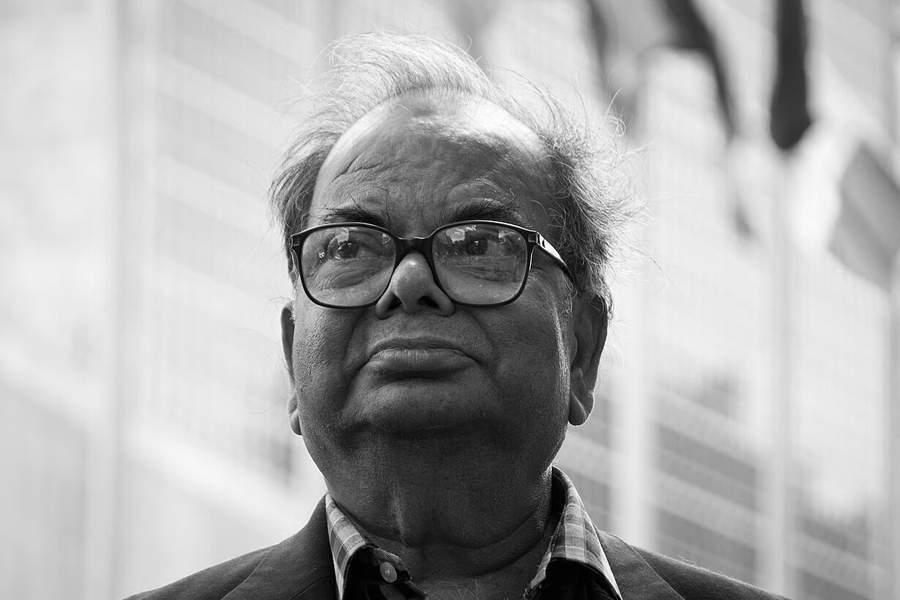Not so long ago, non-governmental organisations were hailed as saviours of civil society. They stepped in where markets and governments faltered, championing human rights and development. As The Wall Street Journal observed, civil society looked like the future when the Cold War ended; but that is not the case anymore. Today, those same NGOs are met with wariness or outright distrust, a “cultivated scepticism” that paints even genuine service as suspect. The paradox is stark: the very qualities that once made NGOs vital to democracy — their independence and zeal to hold power to account — have also made them targets in a changed political climate.
The end of the Cold War ushered in a golden age for NGOs. Groups like Amnesty International and Oxfam became pillars of civil society, raising funds in rich countries to drive change in poorer ones. Many provided disaster relief, legal aid, and pro-democracy support where States failed. Autocrats trembled at the ‘Colour Revolutions’ -- people-powered uprisings from Myanmar to Ukraine buoyed by NGO-backed activists.
India, too, experienced an NGO boom in this era. By 2009, the country had some 3.3 million registered NGOs, roughly one for every 400 citizens. These groups rushed into every gap in society, running health clinics and schools, empowering women, protecting the environment, and fighting corruption. Even the government often welcomed NGOs to help implement welfare schemes at the grassroots.
Gradually, problems emerged within the NGO sector. Many organisations shifted from volunteer-driven activism to professionalised, bureaucratic operations. Efficiency improved but some NGOs became distant from their grassroots. Founders often centralised authority, and mission zeal gave way to pleasing donors. Accountability and transparency lagged as well on account of weak monitoring and evaluation. In some cases, financial mismanagement and patchy transparency fuelled public perceptions of NGO corruption. As NGOs became reliant on external funding, their priorities at times followed the money trail rather than local needs, with organisations chasing grants by doing whatever donors wanted at the expense of their own mission.
These internal flaws made NGOs vulnerable. Scandals tarnished the sector’s image. For example, revelations that aid workers from Oxfam had engaged in sexual exploitation in Haiti dealt a severe blow to that NGO’s credibility. Public trust fell. A global survey found that people had begun to view NGOs as only slightly more ethical than businesses, and less competent.
At the same time, external pressures closed in. The Indian State has grown more assertive in areas once dominated by NGOs, hiring its own outreach workers and reducing its reliance on nonprofit partners. Significantly, authorities tightened control over NGOs, especially those with foreign links. The Foreign Contribution (Regulation) Act became a key tool to choke off overseas funding: since 2014, the government has cancelled the registration of thousands of NGOs under FCRA rules. A notable case was Greenpeace India, which was barred from receiving foreign funds in 2015 after being accused of “prejudicially” harming economic interests.
India is not alone in constraining NGOs. Over 130 countries worldwide have enacted laws restricting foreign-funded NGOs as many regimes view independent NGOs as potential threats. Meanwhile, Western governments have pulled back some support as budget cuts and political backlash in the United States of America and Europe have shrunk the pool of aid that NGOs once relied on. A nationalist narrative in India has further fuelled public distrust. Foreign-funded NGOs are often denounced in the pliant media as pursuing foreign agendas and stalling development. Advocacy groups that oppose big mining or dam projects, for instance, are routinely labelled ‘anti-national’. By the mid-2020s, the NGO landscape had been reshaped by these forces.
In India, the sector remains enormous but is under strain. Thousands are still working for or volunteering with NGOs. The sector contributes around 2% of India’s GDP. But the era of explosive growth is over. The number of active NGOs has likely dropped from the 3.3 million on paper due to regulatory crackdowns and funding shortfalls. Many surviving NGOs now compete for a shrinking pool of funds.
Given the challenging landscape, NGOs will need to adapt to survive. The first imperative is to rebuild trust through greater transparency and community engagement. That means opening up their operations to scrutiny from the ground up. One proposal is ‘radical localism’, publishing budgets and project results in local languages where communities can see them, creating bottom-up accountability.
Next, NGOs must bolster their independence by diversifying funding. The days of depending heavily on foreign donors are over. Building a broad domestic donor base — tapping into funds from corporate social responsibility, local philanthropists, and ordinary citizens — is crucial. The more an NGO’s support comes from within India, the less it can be undermined by foreign funding curbs or a single donor’s whims.
NGOs also have to innovate and collaborate to meet today’s complex challenges. Organisations must embrace new solutions, be it leveraging technology for better outreach or adopting social enterprise models for sustainability. Collaboration can help as well: NGOs can share resources and expertise through coalitions. For example, smaller groups could band together on compliance and training, easing the burden on individual organisations.
But NGOs should not lose sight of their core mission as watchdogs. However much they partner with governments or professionalise services, they must retain the courage to speak truth to power. If NGOs become too timid or, worse, mere contractors that only deliver services without questioning authority, their democratic function would die. Resisting co-option and maintaining an independent voice will be essential for the sector’s future credibility.
The trajectory of India’s NGOs, their rise, fall, and potential revival, reflects the evolution of Indian democracy itself. If we allow this pillar of civil society to wither, the cost will be borne by citizens who would lose crucial support and advocacy. Conversely, if NGOs emerge from this crisis stronger, more transparent, and more rooted in their communities, all of society stands to gain.
Nirmalya Mukherjee is chief executive, MANT and Centre for Public Health Research










